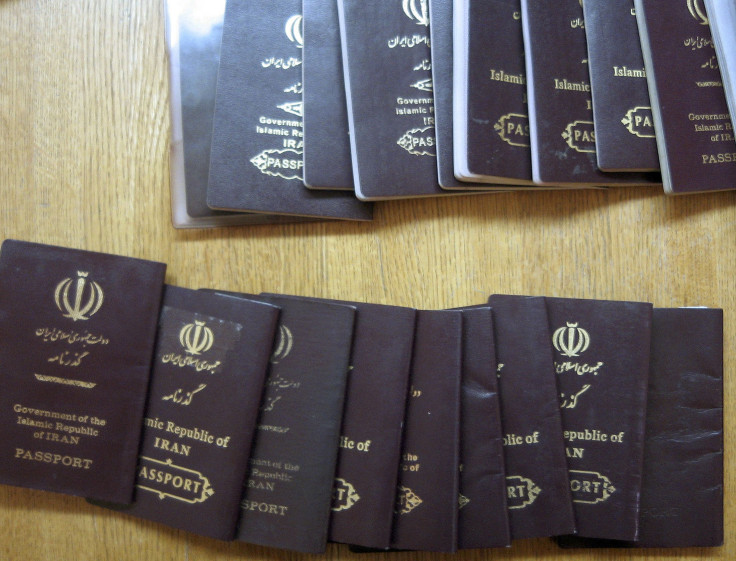Under New Obama Administration Visa Waiver Restrictions, Travel From Iran, Iraq, Syria And Sudan Will Be Tough

The Department of State announced that it had begun implementing new restrictions to the visa waiver program, which will require some foreign nationals once eligible under the program to now obtain visas, various outlets reported Thursday. Individuals who hold dual citizenship with or have traveled to Iran, Iraq, Syria or Sudan since March 1, 2011 are no longer eligible under the program, U.S. officials said.
The announcement comes amid a debate in the U.S. over homeland security as extremist groups like the Islamic State group, also known as ISIS, have carried out attacks on foreign soil in recent months. Dual nationals and travelers who have spent time in the listed countries will have to go through a full screening process and will no longer be eligible for expedited electronic processing.
UNITED STATES BEGINS IMPLEMENTATION OF CHANGES TO THE VISA WAIVER PROGRAM https://t.co/JswPTevTec
— Homeland Security (@DHSgov) January 21, 2016
There will be some exceptions to the new restrictions, the Washington Post reported. Those who have traveled to the listed countries as journalists, businessmen, aid workers or military or government workers may be issued waivers. The Department of Homeland Security will also have the right to waive the new restrictions if such a move would be “in the law enforcement or national security interests of the United States.”
The restrictions have come under scrutiny by some U.S. politicians, including Sens. Ben Cardin, D-MD, and Jeff Flake, R-AZ, who signed a letter last month asking Congress to rethink parts they said were concerning. They said it unfairly excluded some dual nationals and could be “easily remedied.”
Some Iranians have charged that the move marks a violation of the nuclear deal reached between Iran, the U.S. and five other world powers last summer. They said the new measures unfairly penalized business travel to Iran. The nuclear deal, which resulted in a lifting of sanctions against Iran earlier this week, was expected to open the country to global markets.
© Copyright IBTimes 2024. All rights reserved.






















